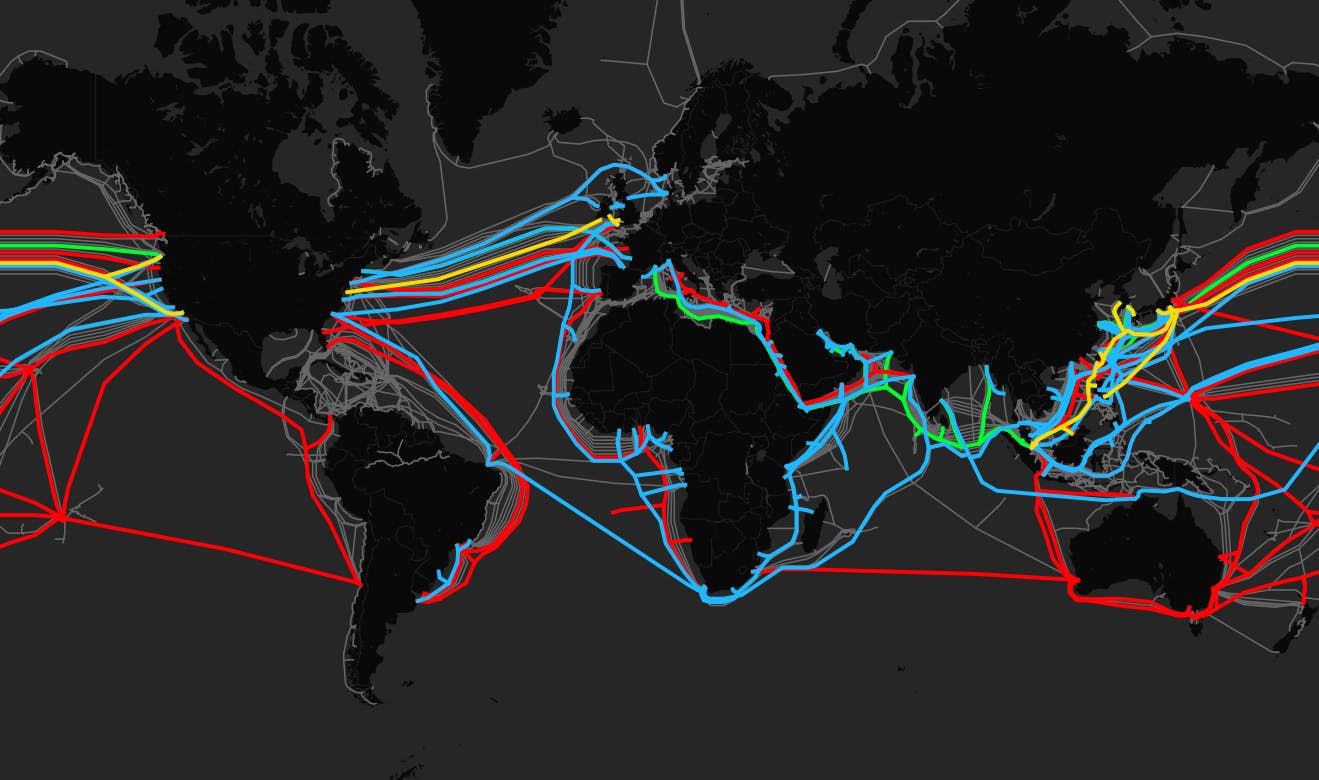Helsinki has launched a pilot project to test e-scooters equipped with AI-powered sensors that monitor rider behaviour and flag safety risks in real time.
Backed by the European Union, the trial involves 40 shared e-scooters from Tier-Dott, one of Europe’s largest operators.
Each vehicle is fitted with sensors developed by UK-based See.Sense, which detect sudden braking, swerving, and vibrations that may signal road hazards. The data is then analysed and visualised through a mobility data platform developed by French startup Vianova.
The pilot is coordinated by Forum Virium Helsinki, the city’s innovation agency, as part of the EU-funded ELABORATOR project. The goal is to help cities take a more proactive approach to e-scooter safety.

The 💜 of EU tech
The latest rumblings from the EU tech scene, a story from our wise ol' founder Boris, and some questionable AI art. It's free, every week, in your inbox. Sign up now!
“By using advanced technology, we can help the city gain new information about accidents and near misses, as well as places where risky situations are concentrated,” said Noora Reittu, senior project manager of ELABORATOR.
Micromobility has faced growing scrutiny in Europe following a rise in injuries and deaths. In 2023, police in Germany registered 9,425 e-scooter accidents, 22 of which were fatal, double the previous year.
Cities have responded with new restrictions. Paris voted to ban rental e-scooters in 2023. Other cities, including Oslo and Madrid, have capped fleet sizes, introduced no-parking zones, or tightened speed limits.
Operators are under pressure to prove they can integrate safely into urban mobility systems. Profitability remains a challenge, with rising hardware costs, competition, and regulatory hurdles cutting into margins. Tier-Dott, formed by the 2024 merger of Tier and Dott, has said it aims to scale more sustainably through data-driven collaboration with cities.
By embedding sensors in vehicles, the Helsinki pilot shifts focus from rider behaviour alone to infrastructure quality — a move the partners say could help address the root causes of many accidents.
“Partnering altogether with the City of Helsinki allows us to go beyond reactive safety initiatives and to proactively identify risks thanks to real-time data,” said Elina Bürkland, Dott’s head of public policy for the Nordics.
Results from the pilot will feed into broader EU research on safe, inclusive transport and may inform future regulation. For now, Helsinki becomes the latest testbed in Europe’s evolving micromobility experiment.
.png)



